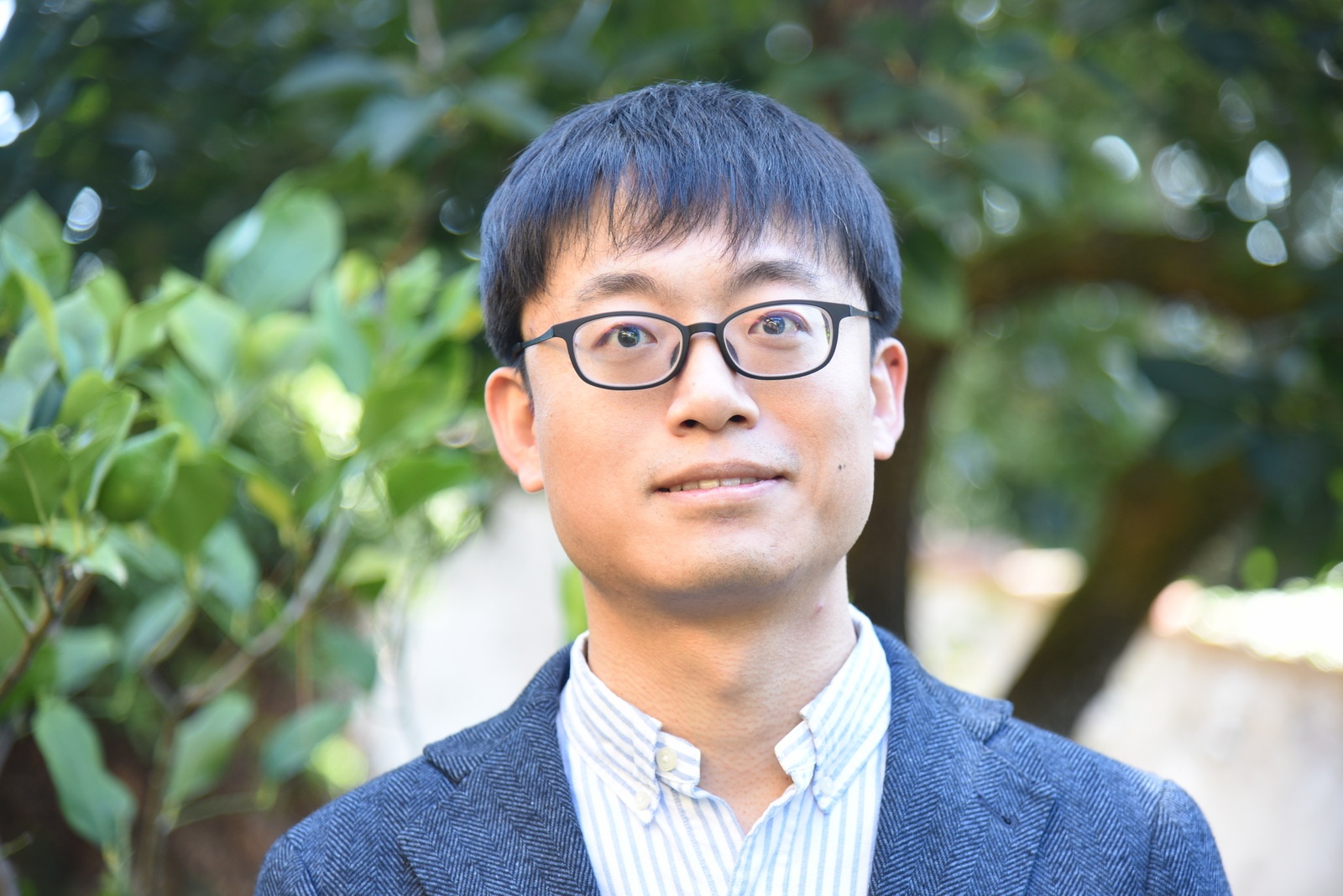Yaliang Fu
Encountering the Japanese Tenshō Embassy in Late Renaissance Italy
2025-2026

Biography
Yaliang Fu is a scholar of Renaissance culture in global context. He received his PhD in Italian Studies from the Scuola Normale Superiore of Pisa in 2024 and is currently Lecturer of Foreign Literature at the Beijing Normal University, China. He is the recipient of a Paul Oskar Kristeller Fellowship from the Renaissance Society of America, as well as grants from Yale University and the Ricci Institute for Chinese-Western Cultural History at Boston College. His published and forthcoming essays examine the reception of Alexander the Great in imperial China and Italian poets’ interactions with the Japanese Tenshō embassy.
Project Summary
The Japanese Tenshō embassy (1582–1590), emblematic of a triumph of Catholic expansion during the Counter-Reformation, exemplifies the global projection of both the late Italian Renaissance and Christian proselytizing. Both intangible and material cultural heritage crafted in response to the Japanese pilgrims – including poetry, watercolour portraits, food menus, and books – offer a unique window into the intersection of knowledge among culturally different Christian communities across space and time. This project explores how late Cinquecento Italians perceived and engaged with the Tenshō embassy and examines the impact of these perceptions, along with the resulting foreign knowledge, on the literary, iconographical, and historical narratives of the Italian Renaissance. While the embassy has received considerable scholarly attention, existing studies focus on accounts of ritual and ceremony and are often situated within the history of the Jesuit order. This project innovates by integrating the study of material culture, poetry, book history, and gender, offering a more comprehensive and textured account of the cultural impact of this encounter between the Japanese emissaries and the people of early modern Italy. The aim is to contribute to our understanding of how the global circulation of people, objects, and ideas in the early modern period facilitated the forging, dissemination, and enrichment of the Italian Renaissance within and beyond Europe.
